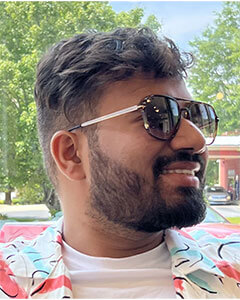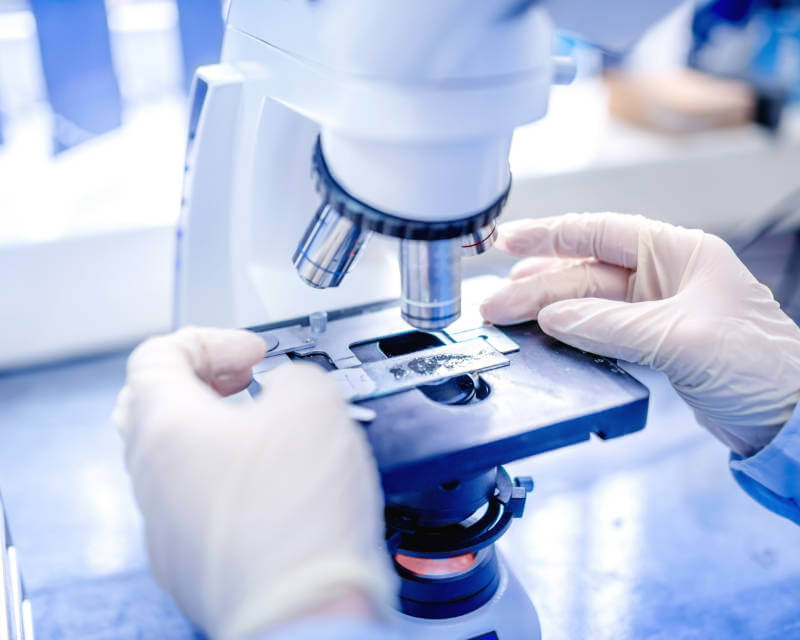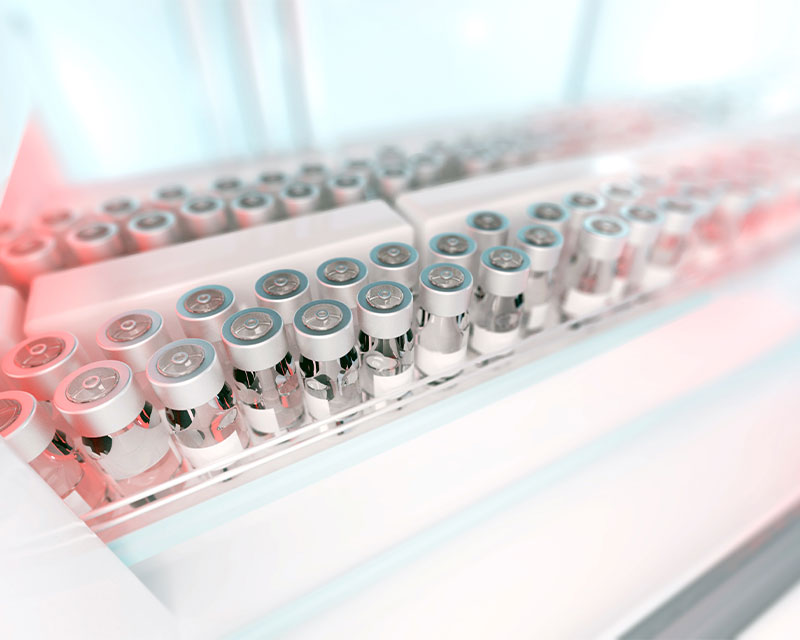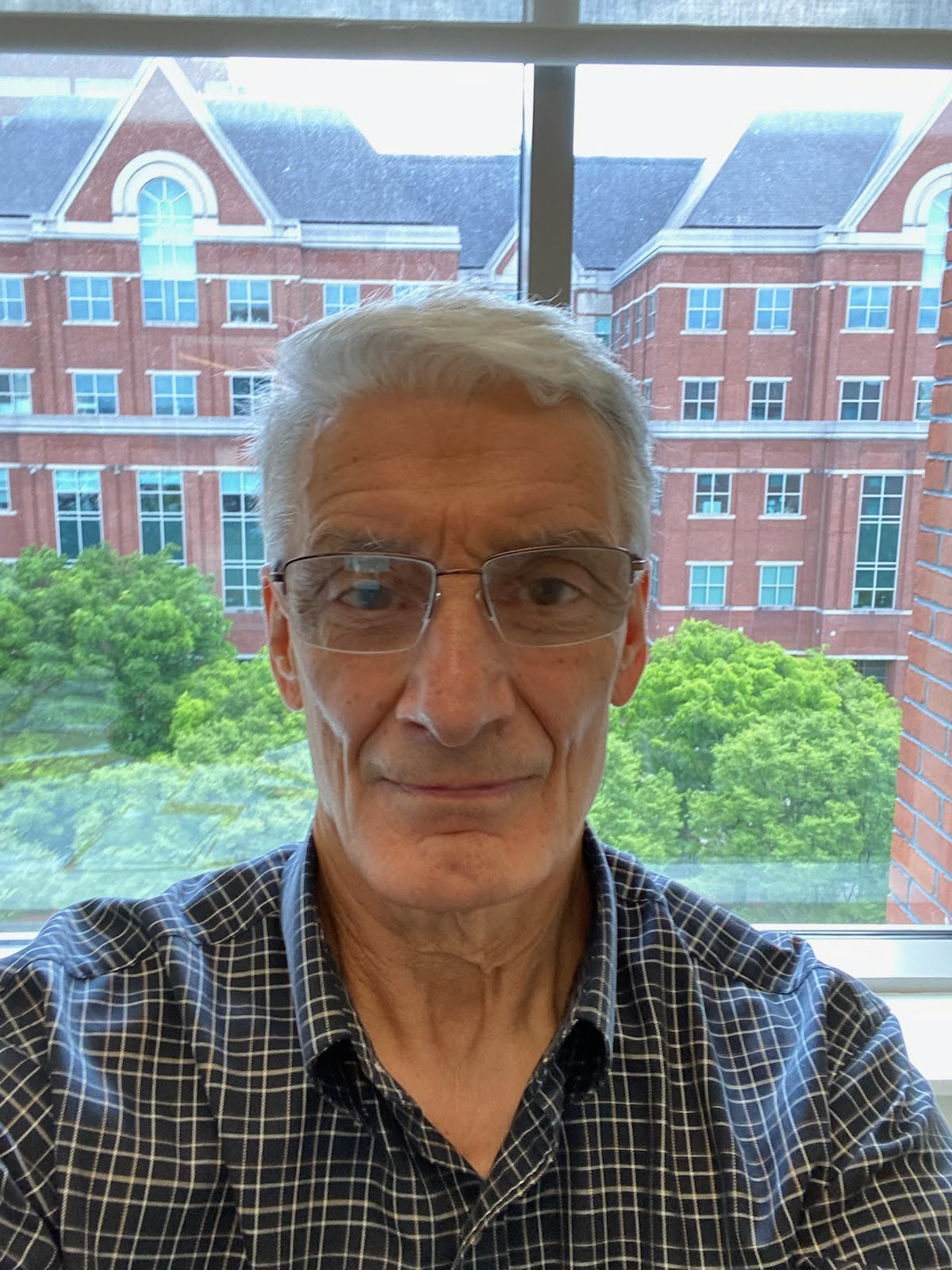-
Justin Scot Hanes, Ph.D.

- Director, Center for Nanomedicine
- Professor of Ophthalmology
- Professor of Neurosurgery
- Professor of Oncology
- Professor of Pharmacology and Molecular Sciences
The Johns Hopkins Center for Nanomedicine (CNM) brings together engineers, scientists, and clinicians working together under one roof on translation of novel drug and gene delivery technologies. The focus is to overcome major challenges to drug efficacy, including biological barriers to delivery, patient compliance, and toxicity. Furthermore, we educate and train the next generation of researchers to innovate at the interface of engineering, medicine, and the life sciences in the development of drug delivery technologies with potential for clinical implementation. We believe that collaboration and commitment to diversity are key in having the maximum impact on human health.
Current Research Topics Research
We design our nanotechnology-based platforms for clinical translation. We strive for innovative simplicity and the use of components that have a history of medical safety, so that our nanomedicines can be tested in clinical trials and developed into useful products. To this end, we often design our platforms to mimic nature or select our systems based on how they naturally distribute in the body.
Ocular
Focus areas: Glaucoma, age-related macular degeneration, diabetic retinopathy, retinitis pigmentosa, diabetic macular edema, uveitis, dry eye disease, corneal neovascularization, corneal graft rejection, thyroid eye disease, cataract surgery, glaucoma surgery, ocular trauma
Cancer
Focus areas: Immunotherapy, cancers of the pancreas, cervix, ovary, lung, brain, bladder, and colorectum
Inflammation
Focus areas: COVID-19, inflammatory bowel disease, pancreatitis, liver cirrhosis, various cancers, intrauterine inflammation, atherosclerosis, arthritis
Lung Disease
Focus areas: Cystic fibrosis, asthma, chronic obstructive pulmonary disease, lung cancer
Women's Health
Focus areas: Preterm birth, intrauterine inflammation, infections, in vitro fertilization, reproductive tract cancers, contraception
Central Nervous System
Focus areas: Brain tumors, cerebral palsy, neonatal stroke, traumatic brain injury, autism spectrum disorders, Parkinson’s disease, Alzheimer’s disease
Our Team
The CNM team includes basic science and clinical faculty, research staff, postdoctoral fellows, graduate students, and undergraduates. Our goal is to train, mentor, and promote inclusive and supportive research environments.
In addition to a rigorous and broad training in unbiased experimental design, methods, data analysis, interpretation, and reporting, we strive to support our trainees in career and professional development. We proudly support diverse career goals, and our alumni have gone on to careers in academia, industry, regulatory, venture capital, consulting, science communication, policy, law, and medicine. We participate in numerous training programs that promote and develop trainees from low income and underrepresented groups in biomedical research.
-
Laura Ensign-Hodges, Ph.D.

- Marcella E. Woll Professor of Ophthalmology
- Professor of Ophthalmology
- Professor of Biomedical Engineering
- Professor of Gynecology and Obstetrics
- Professor of Medicine
- Professor of Oncology
- Professor of Pharmacology and Molecular Sciences
Adjunct Faculty
Research Associates
Wathsala Liyanage, Ph.D.
Kannan Lab

Jie Fu, Ph.D.
Hanes Lab

Research Staff
Jairo Ortiz, M.D.
Research Specialist, Ensign Lab

Usha Rai
Research Specialist, Ensign Lab
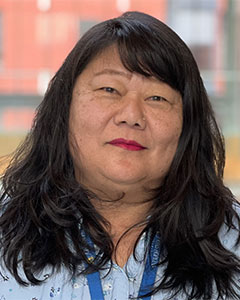
Fareeha Zulfiqar, Ph.D.
Research Specialist, Ensign Lab

Spencer Shumway
Research Specialist

Minjie Chen PhD
Lab Manager

Joe Gerald Jesu Raj
Research Technologist
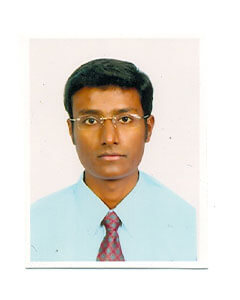
Nushrat Yasmin
Lab Manager

Jordan Shuff
Research Engineer
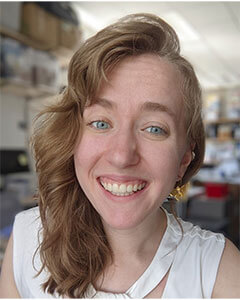
Postdoctoral Fellows
Saed Abbasi, Ph.D.
Hanes Lab
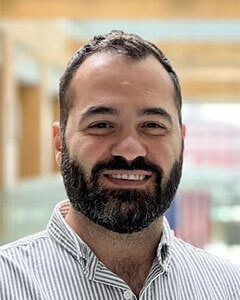
Vishnu Rompicharla, Ph.D.
Ensign Lab
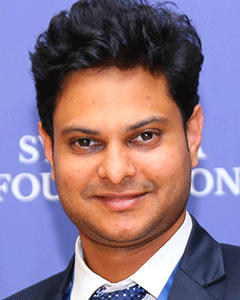
Mahdi Forouharshad, Ph.D.
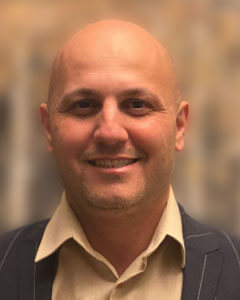
Yub Raj Neupane, Ph.D.
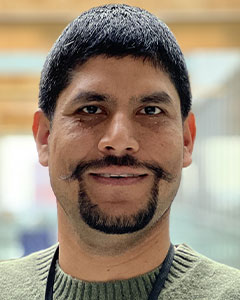
Thanuia Marasarakottige Yogananda, Ph.D.

Narendra Kale, Ph.D.

Balachandra Chenikkayala, Ph.D.

Durgadas Cherukaraveedu, Ph.D.
Ph.D. Students
Matthew Appell
Ensign Lab
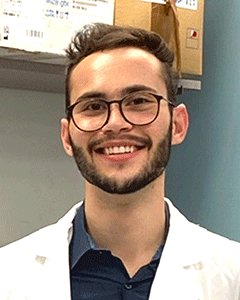
Marina Better
Ensign Lab

Kimberly Bockley
Hanes Lab

Davell Carter
Ensign Lab

Jahnavi Pejavar
Ensign Lab

Erika Serrano-Diaz
Ensign Lab

Rachel Shapiro
Ensign Lab

Mingjiao (Jenny) Sun
Hanes Lab
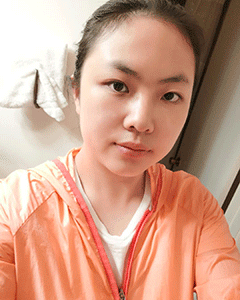
Masters Students
Xiaoxin (Charlie) Zhu

Shubham Patil
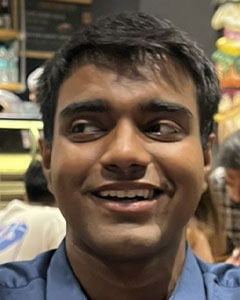
Hongyu (Dennis) Feng

Kiersten Malmberg
Megha Lingamsetty
Arman Farazdaghi
Patriichay Limbodia
